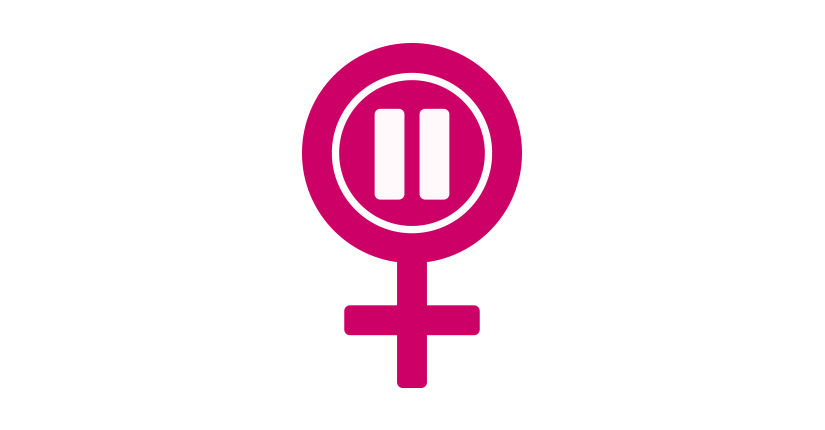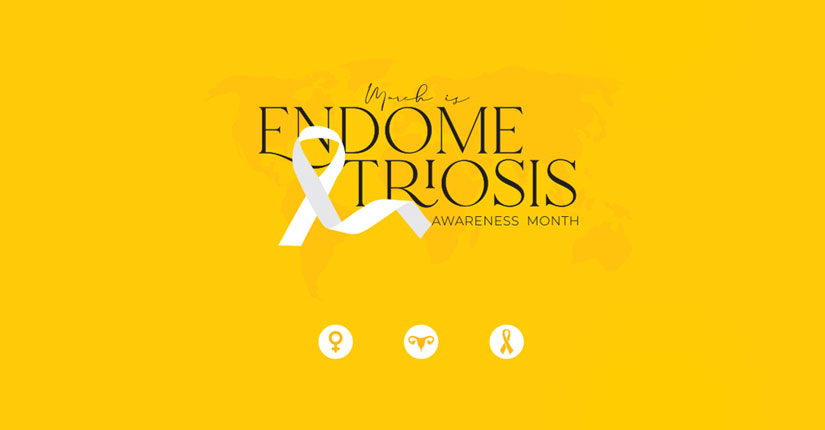6 Natural Remedies for PCOS: Lifestyle Changes and Herbal Supplements
By Nmami Agarwal 11-Sep 2023 Reading Time: 14 Mins

PCOS, or Polycystic Ovary Syndrome, is a hormonal disorder that affects many women. It can cause irregular periods, weight gain, acne, and hair loss, among other symptoms. While there is no known cure for PCOS, there are natural ways to help manage the symptoms and improve quality of life. We will explore six lifestyle changes and herbal supplements that can help balance your hormones, regulate your menstrual cycle, and reduce the symptoms of PCOS from dietary changes and exercise to herbal supplements and stress reduction techniques, we will cover all the bases to help you live your best life with PCOS.
Understanding PCOS: What is it and how does it affect women’s health?
Polycystic Ovary Syndrome (PCOS) is a hormonal disorder that affects many women worldwide so it is characterized by the presence of multiple cysts on the ovaries, irregular menstrual cycles, and an imbalance of female hormones and this condition can have a significant impact on a woman’s physical and emotional well-being, as it can lead to fertility issues, weight gain, acne, excessive hair growth, and mood swings to understand PCOS more deeply, it is important to recognize its underlying causes. While the exact cause of PCOS is still unknown, factors such as insulin resistance, high levels of androgens (male hormones), and genetics are believed to play a role in its development. These factors contribute to the disturbance of the normal hormonal balance in the body, leading to the symptoms associated with PCOS. PCOS can have far-reaching effects on a woman’s overall health and it increases the risk of developing conditions such as type 2 diabetes, high blood pressure, heart disease, and endometrial cancer. Therefore, it is crucial for women with PCOS to take proactive steps towards managing their condition and improving their health. Fortunately, there are various lifestyle changes and herbal supplements that can help to balance PCOS naturally by adopting a holistic approach, women can alleviate symptoms, regulate their menstrual cycles, promote weight loss, and improve their overall quality of life. These changes may include incorporating a balanced diet, engaging in regular exercise, managing stress levels, and considering the use of specific herbal supplements known for their beneficial effects on hormonal balance. In the following sections, we will explore these lifestyle changes and herbal supplements in more detail, providing you with practical tips and insights on how to incorporate them into your daily routine by taking a proactive approach to managing PCOS, you can regain control over your health and well-being, and experience a positive transformation in your life.
Stress management techniques for reducing the impact of PCOS
Dealing with polycystic ovary syndrome (PCOS) can be overwhelming, both physically and emotionally and the hormonal imbalances and physical symptoms can take a toll on your overall well-being. One important aspect of managing PCOS naturally is to focus on stress management techniques that can help reduce the impact of this condition.
1. Regular Exercise: Engaging in regular physical activity is not only beneficial for your overall health but can also help in managing stress levels and exercise releases endorphins, also known as “feel-good” hormones, which can improve your mood and reduce stress. Incorporate activities like yoga, Pilates, walking, or any form of exercise that you enjoy into your routine.
2. Mindfulness and Meditation: Practicing mindfulness and meditation techniques can help calm your mind, reduce anxiety, and improve stress management and take a few minutes each day to sit in a quiet space, focus on your breathing, and let go of any negative thoughts or worries. There are various guided meditation apps and resources available that can assist you in developing a regular practice.
3. Adequate Sleep: Getting enough quality sleep is crucial for managing stress and lack of sleep can further disrupt hormonal balance and exacerbate PCOS symptoms. Establish a bedtime routine, create a comfortable sleep environment, and aim for 7-9 hours of uninterrupted sleep each night.
4. Time for Relaxation: Incorporate activities that help you relax and unwind into your daily routine which can include reading a book, taking a warm bath, listening to calming music, or engaging in hobbies that bring you joy. Carving out time for relaxation can help reduce stress and promote a sense of well-being.
5. Social Support: Surrounding yourself with a supportive network of friends, family, or a support group can make a significant difference in managing stress related to PCOS and talking with others who understand and can empathize with your experiences can be comforting and provide valuable insights and encouragement.
6. Herbal Supplements: Certain herbal supplements have been found to have stress-reducing properties. For example, adaptogenic herbs like ashwagandha, holy basil, and rhodiola rosea can help the body adapt to stress and promote a sense of calmness.
Remember, managing stress is a continuous process, and what works for one person may not work for another so it’s important to explore different techniques and find what resonates with you by incorporating stress management techniques into your daily routine, you can minimize the impact of PCOS on your overall well-being and lead a more balanced and fulfilling life.
The potential benefits of herbal supplements in PCOS management
When it comes to managing PCOS (Polycystic Ovary Syndrome) naturally, herbal supplements can play a significant role. While it’s important to consult with a healthcare professional before incorporating any new supplements into your routine, there are several herbs that have shown potential benefits in PCOS management. One popular herbal supplement is cinnamon. Known for its anti-inflammatory properties, cinnamon has been found to improve insulin sensitivity and regulate menstrual cycles in women with PCOS by helping to balance blood sugar levels, cinnamon may also aid in weight management, which is often a concern for individuals with PCOS. Another herb commonly used in PCOS management is saw palmetto and this herb has been studied for its potential to reduce excess androgen levels, which are often elevated in women with PCOS by inhibiting the conversion of testosterone to dihydrotestosterone (DHT), saw palmetto may help alleviate symptoms such as hirsutism (excessive hair growth) and acne. Maca root, a plant native to Peru, is another herbal supplement that has gained popularity for its potential benefits in hormonal balance which has been shown to regulate menstrual cycles, improve fertility, and reduce symptoms such as hot flashes and mood swings. In addition to these herbs, spearmint tea has been found to have anti-androgenic effects, helping to lower testosterone levels in women with PCOS. Green tea, with its high antioxidant content, may also support weight management and improve insulin sensitivity. It’s worth noting that while herbal supplements can be beneficial, they are not a cure for PCOS and it’s important to approach their usage as part of a comprehensive lifestyle approach, including a balanced diet, regular exercise, stress management, and adequate sleep. Before incorporating any herbal supplements into your routine, it’s crucial to consult with a healthcare professional who can provide personalized guidance based on your specific needs and medical history which can help you determine the appropriate dosage, potential interactions, and monitor your progress to ensure the supplements are working effectively for you.
Seeking professional guidance: When to consult with a healthcare provider for PCOS management
While making lifestyle changes and incorporating herbal supplements can be beneficial for managing PCOS, it is crucial to know when to seek professional guidance from a healthcare provider so consulting with a healthcare professional is particularly important if you are experiencing severe symptoms, struggling to manage your condition, or considering making significant changes to your treatment plan. A healthcare provider, such as a gynecologist or endocrinologist, can provide personalized advice and guidance based on your specific needs and medical history and they have the expertise to evaluate your condition, conduct necessary tests, and determine the most appropriate course of action. When considering healthcare providers, it is essential to find someone who specializes in PCOS or has experience in treating hormonal imbalances which will be familiar with the latest research and treatment options available, ensuring that you receive the most up-to-date and effective care. Additionally, a healthcare provider can help monitor your progress, adjust your treatment plan as needed, and offer support and guidance throughout your PCOS journey also they can also address any concerns or questions you may have regarding potential interactions between herbal supplements and other medications you may be taking. Ultimately, by seeking professional guidance, you can ensure that you are receiving the best possible care for your PCOS and maximize your chances of finding relief and achieving optimal health and well-being.





















